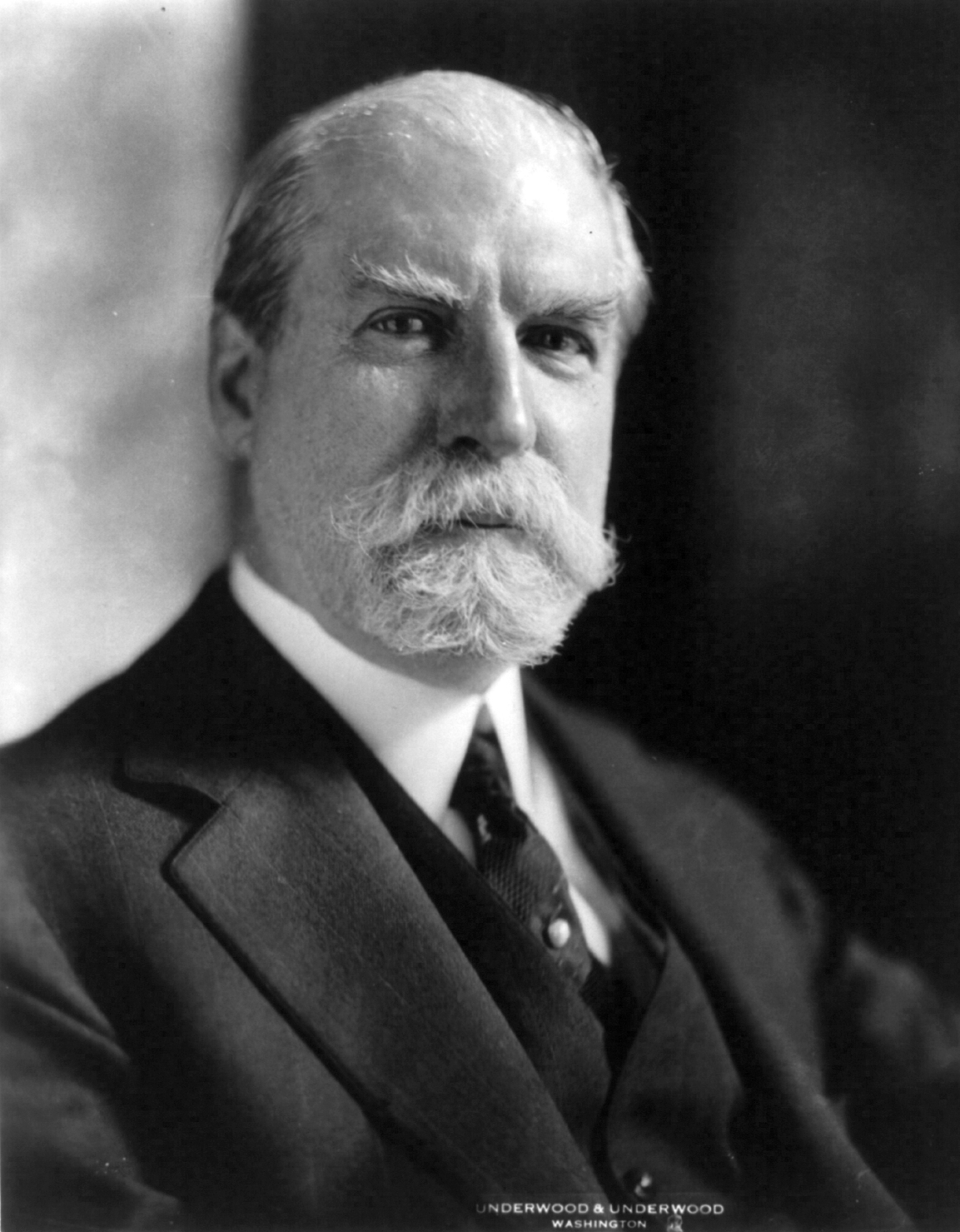The United States is the greatest law factory the world has ever known.

"Charles Evans Hughes, Sr." was an American statesman, lawyer and History of the Republican Party (United States)/Republican politician from New York. He served as the List of Governors of New York/36th Governor of New York (1907–1910), Associate Justice of the Supreme Court of the United States (1910–1916), United States Secretary of State (1921–1925), a judge on the Permanent Court of International Justice/Court of International Justice (1928–1930), and the 11th Chief Justice of the United States (1930–1941). He was the Republican candidate in the United States presidential election, 1916/1916 U.S. Presidential election, losing narrowly to incumbent President Woodrow Wilson.
Hughes was a professor in the 1890s, a staunch supporter of Britain's Liberalism in the United Kingdom/New Liberalism, an important leader of the progressive movement of the 20th century, a leading diplomat and New York lawyer in the days of Harding and Coolidge, and was known for being a swing voter when dealing with cases related to the New Deal in the 1930s. Historian Clinton Rossiter has hailed him as a leading Conservatism in the United States/American conservative.
If you enjoy these quotes, be sure to check out other famous judges! More Charles Evans Hughes on Wikipedia.While democracy must have its organization and controls, its vital breath is individual liberty.
We are under a Constitution, but the Constitution is what the judges say it is, and the judiciary is the safeguard of our property and our liberty and our property under the Constitution.
Publicity is a great purifier because it sets in action the forces of public opinion, and in this country public opinion controls the courses of the nation.
Men do not die from overwork. They die from dissipation and worry.
When we deal with questions relating to principles of law and their applications, we do not suddenly rise into a stratosphere of icy certainty.
A man has to live with himself, and he should see to it that he always has good company.
Dissents are appeals to the brooding spirit of the law, to the intelligence of another day.
In a number of cases dissenting opinions have in time become the law.
Copyright © 2024 Electric Goat Media. All Rights Reserved.